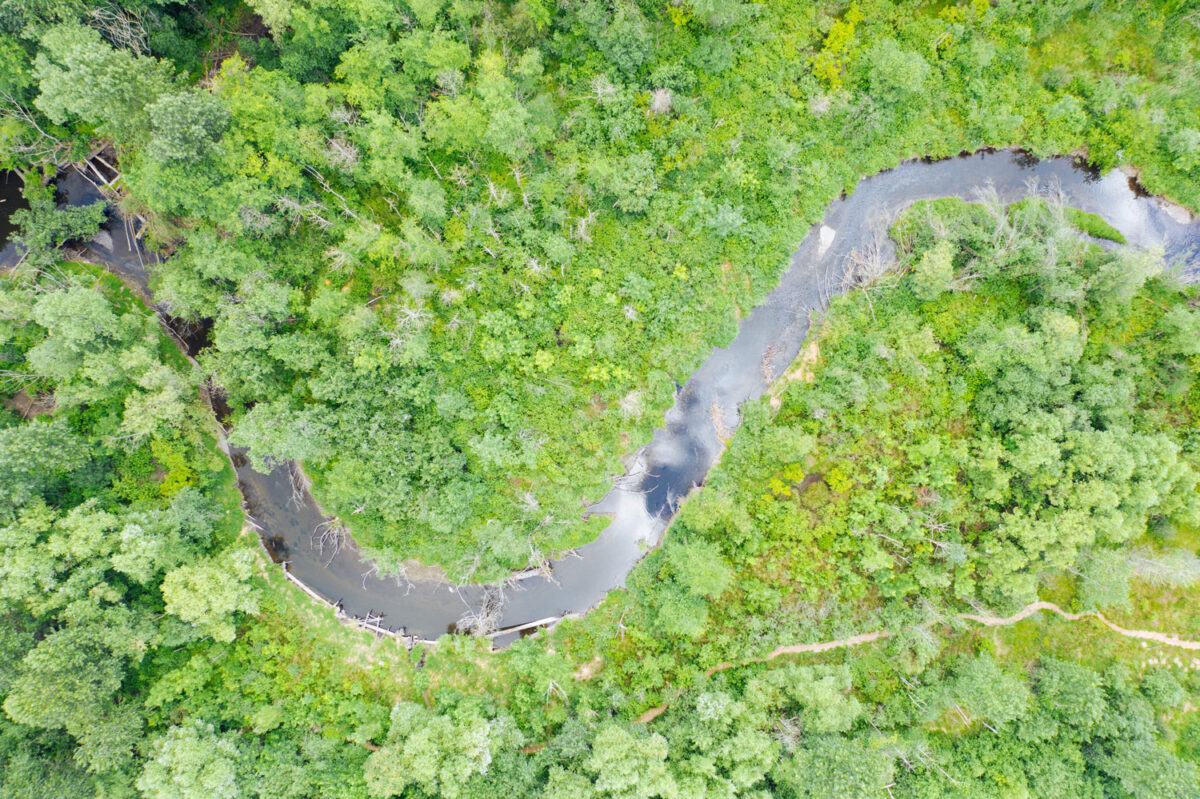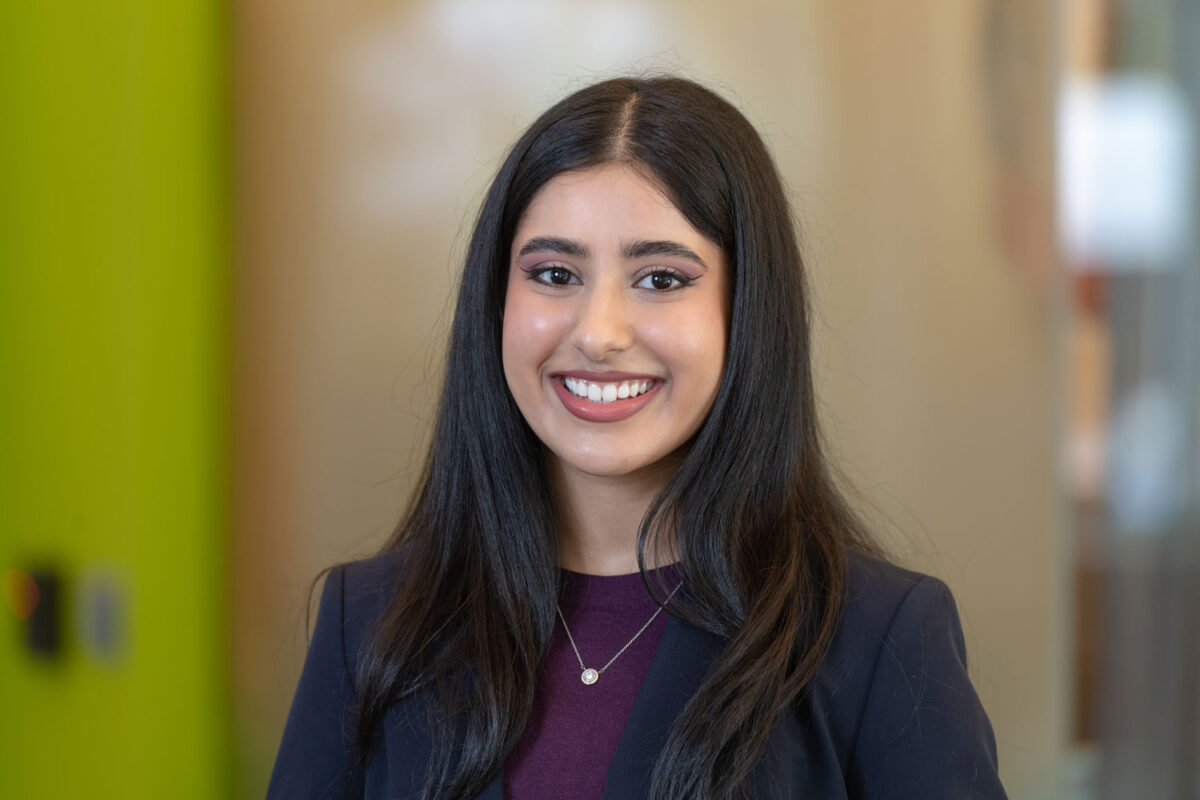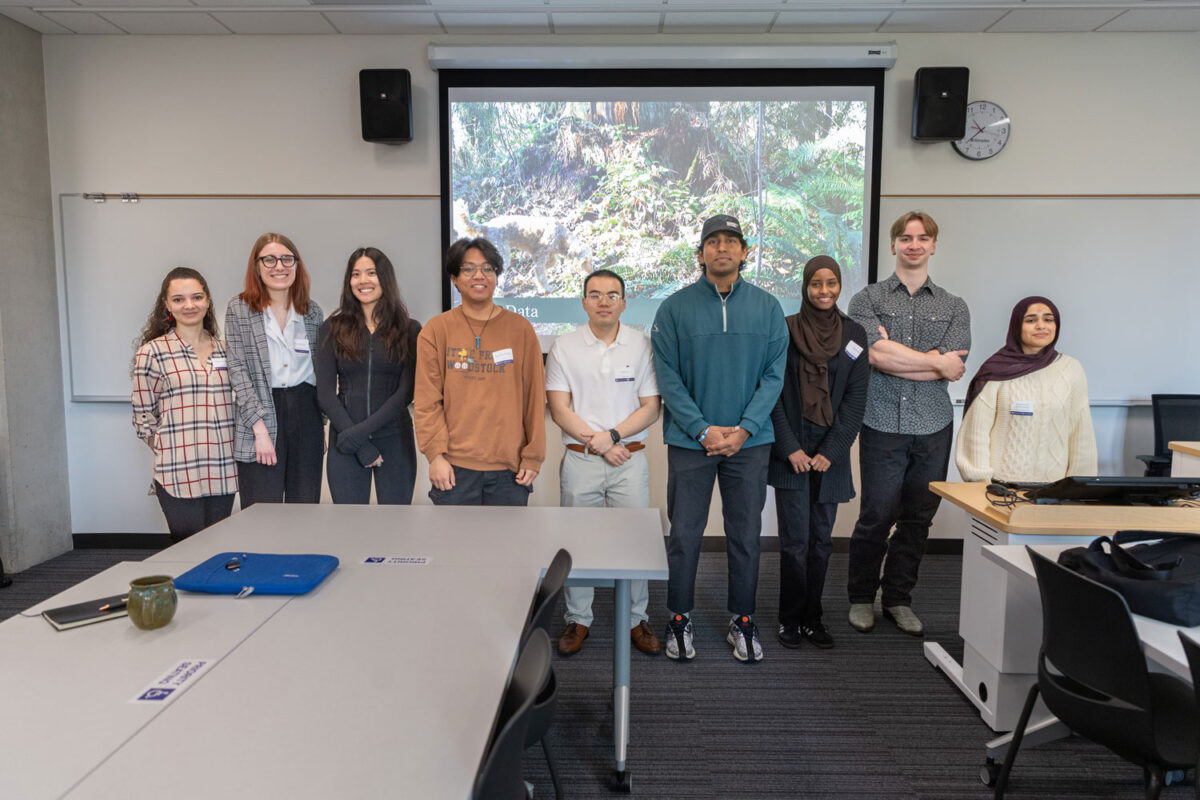By Douglas Esser
Some social science researchers are making their work more relevant by engaging their research subjects as equal associates – partners in knowledge and change.

Meredith Minkler, right, calls it community-based participatory research (CBPR). The University of California, Berkeley, School of Public Health professor provided examples Nov. 18 as the guest speaker in UW Bothell’s Research in Progress series.
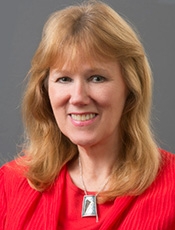
Allison Hintz, University of Washington Bothell associate professor in the School of Educational Studies, calls the concept practice-engaged scholarship or collaborative research-practice partnerships.
Minkler developed CBPR projects in the San Francisco area. One was a survey of immigrant workers in Chinatown restaurants that involved the workers themselves.
“They improved every aspect of this study,” Minkler said.
For one thing they were able to get the survey to co-workers away from the restaurant where they could answer freely. Survey findings resulted in community meetings and news coverage about unpaid overtime that introduced the idea of wage theft to the public. Local lawmakers became involved and lawsuits for back pay were settled, including one for $4 million.
At her UW Bothell talk, Minkler was introduced by one of her former students, Victoria Breckwich Vásquez, an assistant professor in the School of Nursing & Health Studies, which sponsored the presentation along with the office of community-based learning and research, and the office of research.
Minkler says research grounded in the real world, treating participants as equals and working toward social change can have effects that continue long after a research paper is published.
A study of diabetes among Native Americans had 100 percent participation after survey methods were tailored to their culture, including time for ceremony and storytelling. A study of asthma due to truck pollution in west Oakland was improved when truck drivers became involved, leading to a program to reduce emissions, Minkler said.
In her position at UW Bothell, Hintz, left, embeds in schools, working with teachers as partners to help children learn math through reading and discussion.
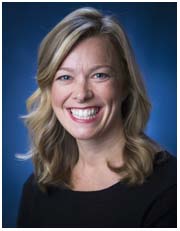
“We go into the classroom with real children and work on the work of teaching together,” Hintz says. “In these lines of research community members are partners not subjects.”
Hintz is particularly focused on learning through mathematical conversations arising from reading. She is the co-author of the book “Intentional Talk: How to structure and lead productive mathematical discussions.”
As a professor, her class would meet at Woodmoor Elementary School in the nearby Northshore School District. They would work and learn with practicing teachers and children in a program called “Husky Buddies.” She has also partnered with schools in Renton and on the Tulalip Tribes reservation at Marysville.
Hintz, who joined the UW Bothell faculty in 2010, is on sabbatical this year to work full time on three research projects including writing a book with Antony Smith, associate professor in Educational Studies.
“I think this is a core commitment of our work in Bothell,” Hintz says. “We care a lot about community engagement and connected learning.”
